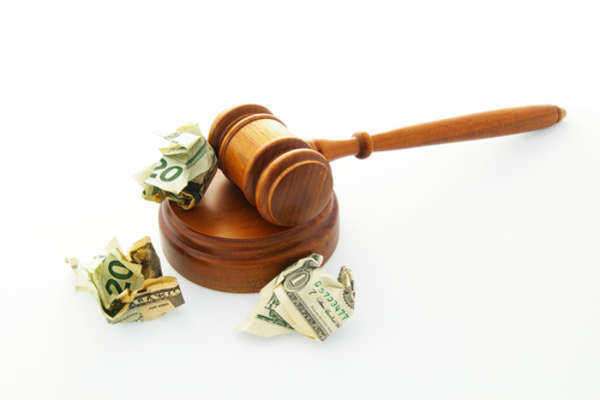New York Bankruptcy
New York Bankruptcy Law

New York bankruptcy has similar laws regarding bankruptcy to other states, but New York’s laws can be strict in determining what kind of bankruptcy an individual can file. Although the provisions can be strict, bankruptcies laws in the state of New York aren’t meant to restrict a person or corporation from filing NY bankruptcy. Instead, the laws are there to help a person through a tough economic period and give them a chance to improve their credit in the future.
In the state of New York, a person must attend a credit counseling course six months before they can file for New York bankruptcy. Also, the person must show evidence that they have take a debtor education course before reaching a settlement with creditors.
New York Bankruptcy : Personal and Corporate
Individuals, families, and corporations can file for NY bankruptcy. A family will often choose to file either Chapter 7 or Chapter 13 depending on their circumstances, and in most cases, a judge will determine what type of NY bankruptcy they can apply for. Corporations and businesses usually apply for Chapter 11 bankruptcy in order to try and save their business and stock value.
NY Bankruptcy Chapter 7
In recent years, it has become harder and harder to file for Chapter 7 bankruptcy in New York. Chapter 7 usually protects a person with low income from having to pay for unsecured debt like credit card bills. However, in an effort to stop people from simply running up their debt and defaulting on it later, the state of New York now mandates a person qualify under the following two conditions:
• their annual income must fall below the state average of $45,931
• it must be proven that a person cannot afford to pay 25% of their unsecured debt after paying for food, rent, and other necessary living expenses
If a person qualifies for the conditions above, they can usually file for Chapter 7 bankruptcy. They may be entitled to the following exemptions too:
• $50,000 of homestead
• Up to 90% of wages
• Vehicle worth up to $2,400
• Various forms of personal property
NY Bankruptcy Chapter 11
If a company needs time to reorganize their expenses and make necessary changes to increase profit, they can file for Chapter 11 bankruptcy. No personal assets are affected by Chapter 11, but the company’s stock may be greatly influenced by such an action.
NY Bankruptcy Chapter 13
If a family has a steady income or can be proven in a court to be able to pay off 25% of their unsecured debt, they can often file for Chapter 13. The main advantage in this type of bankruptcy is that a family can usually keep their house over the next three to five years of repayment.
Taxes
Tax returns are considered assets if you file a Chapter 7 bankruptcy, and they will probably be collected by creditors. If you file for Chapter 13, you will often receive your tax returns to pay your debt or use for living expenses. You cannot wave backed taxes to the IRS or other collection agency.
Filing for New York Bankruptcy
There are many complexities involved in filing New York bankruptcy, and it is often a good idea to hire a lawyer. A lawyer will be able to help you with every step along the way and work their best to get you the lowest settlement possible. If you can’t afford a lawyer, you can file for New York bankruptcy through a filing service.